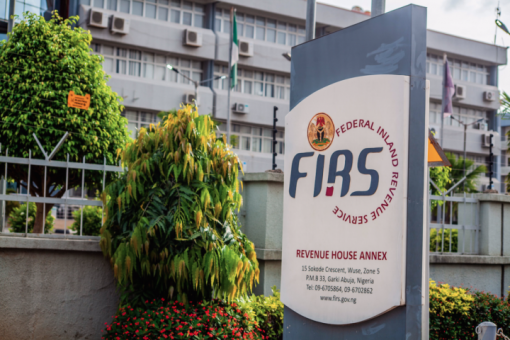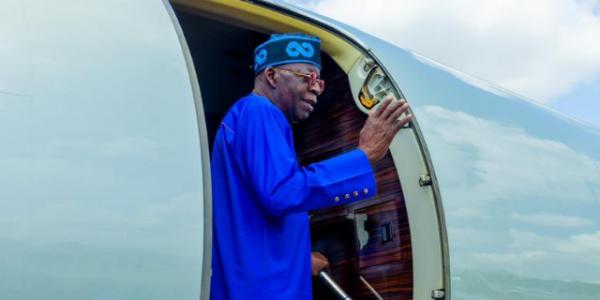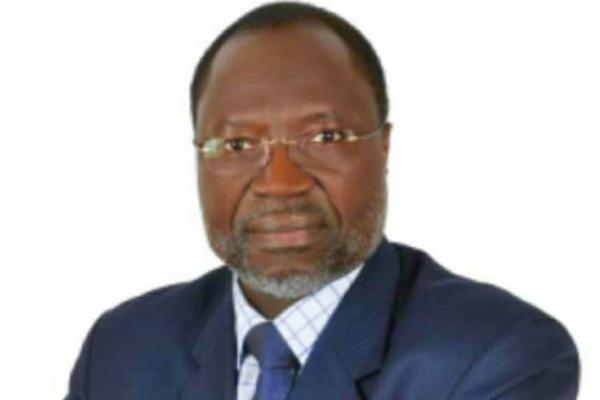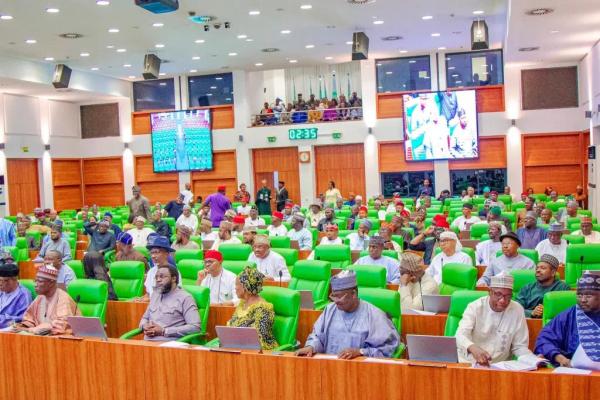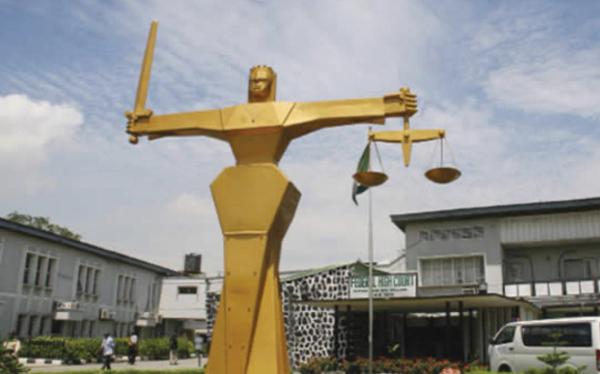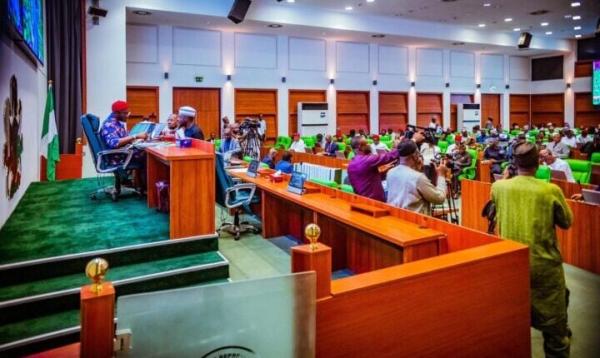
Four bills seeking the creation of additional states across the country have passed through second reading at the House of Representatives.
The House also passed 38 other bills seeking to alter the 1999 constitution of the Federal Republic of Nigeria (as amended) and provide various amendments in the ongoing constitution amendment exercise by the 10th Assembly.
The 42 bills categorised under various headings to reflect their focus were passed after their presentation for second reading at the plenary on Wednesday by the House Leader, Rep. Julius Ihonvre, and seconded by the House Minority Leader, Rep. Kingsley Chinda.
The four proposed bills seeking the creation of additional states were: “A Bill for an Act to Alter the Constitution of the Federal Republic of Nigeria, 1999 (as amended) by amending Part 1 of the First Schedule and Creating Additional Three States Oke – Ogun State, Ijebu State and Ife – Ijesa State and for Related Matters (HB. 1098) sponsored by Rep. Oluwole Oke.
“A Bill for an Act to Alter the Constitution of the Federal Republic of Nigeria, 1999 to make provisions for the Creation of ‘Tiga State’ from the Present Kano State with Headquarters in ‘Rano’ and for Related Matters (HB.1308) sponsored by Rep. Ghali Mustapha Tijani.
“A Bill for an Act to Alter the Provisions of the Constitution of the Federal Republic of Nigeria, 1999 (as amended) to Create a New State in the South Eastern Region of Nigeria Known as Orlu State and for Related Matters (HB.1430) sponsored by Rep. Ikweagwuonu Ugochinyere.
“A Bill for an Act to Alter the Provisions of the Constitution of the Federal Republic of Nigeria, 1999 (as amended) to Create an Additional State in the South East Region of Nigeria, Carved from the Existing Five (5) States to be known as Etiti State with Capital at Okigwe and for Related Matters (HB.1998) sponsored by Rep. George Ibezimako Ozodinobi”.
After the reading of the long titles of the bills, they were put through a voice vote by the Deputy Speaker, Benjamin Kalu, who presided over the plenary and were passed.
They were referred to the House Committee on Constitution Review headed by the Deputy Speaker. It would be recalled that the House had earlier on Tuesday passed 39 constitution alteration bills which were equally referred to the committee.
Reps To Probe N1.24trn Sukuk Road Project Funding
Meanwhile, the House of Representatives has initiated an investigation into the Sukukbacked road projects, which are valued at approximately N1.24 trillion, raised over the past seven years (2017-2024).
This move followed the adoption of a motion of urgent public importance sponsored by Mr. Jonathan Gbefwi, a lawmaker from Nasarawa State.
Since 2017, the Federal Government, through the Debt Management Office (DMO), has raised over N1.1 trillion via six Sovereign Sukuk issuances to fund 124 federal road projects spanning 5,820 kilometres across Nigeria’s six geopolitical zones.
As of December 2024, recent data from the Securities and Exchange Commission (SEC) indicates that the total value of these issuances stands at around $657.6 million.
The Sukuk initiative’s breakdown includes the following amounts: N100 billion in 2017, N100 billion in 2018, N162.56 billion in 2020, N250 billion in 2021, N130 billion in 2022, and N350 billion in 2023.
Additionally, reports suggest that an extra N150 billion may have been raised in October 2023, pushing the cumulative total to roughly N1.24 trillion by the end of 2024, pending official confirmation from the Debt Management Office.
In supporting the motion, Gbefwi expressed concern over the poor state of Nigeria’s road infrastructure, despite the substantial investment.
He pointed out that over 70 percent of the nation’s 200,000-kilometre road network remains unpaved, as highlighted by S&P Global Ratings in January 2024.
He also warned that without strong accountability mechanisms, the Sukuk programme could become a vehicle for corruption or mismanagement.
The motion was overwhelmingly supported when put to a voice vote by Deputy Speaker Benjamin Kalu, who presided over the plenary.
Subsequently, the House mandated the Committee on Works to conduct a thorough investigation into the allocation, expenditure, and results of the N1.24 trillion Sukuk funds raised between 2017 and 2024.
The probe will focus on identifying cases of fund diversion, inflation, and noncompliance by contractors.
Furthermore, the House instructed the Ministry of Works to provide the Committee on Works with detailed real-time records for all Sukuk-funded projects, including financial disbursements, project statuses, and contractor performance.
These records are to be updated quarterly. The Committee on Works has been tasked with submitting a detailed report within six weeks, outlining their findings, identifying key issues, and recommending appropriate remedial actions regarding the Sukuk financing programme in Nigeria.
The House also directed its clerk to publish the resolution in both the Journal of the National Assembly and the Federal Government gazette, in accordance with sections 88 and 89 of the 1999 constitution, as amended













